SUMMARY
This is AI generated summarization, which may have errors. For context, always refer to the full article.
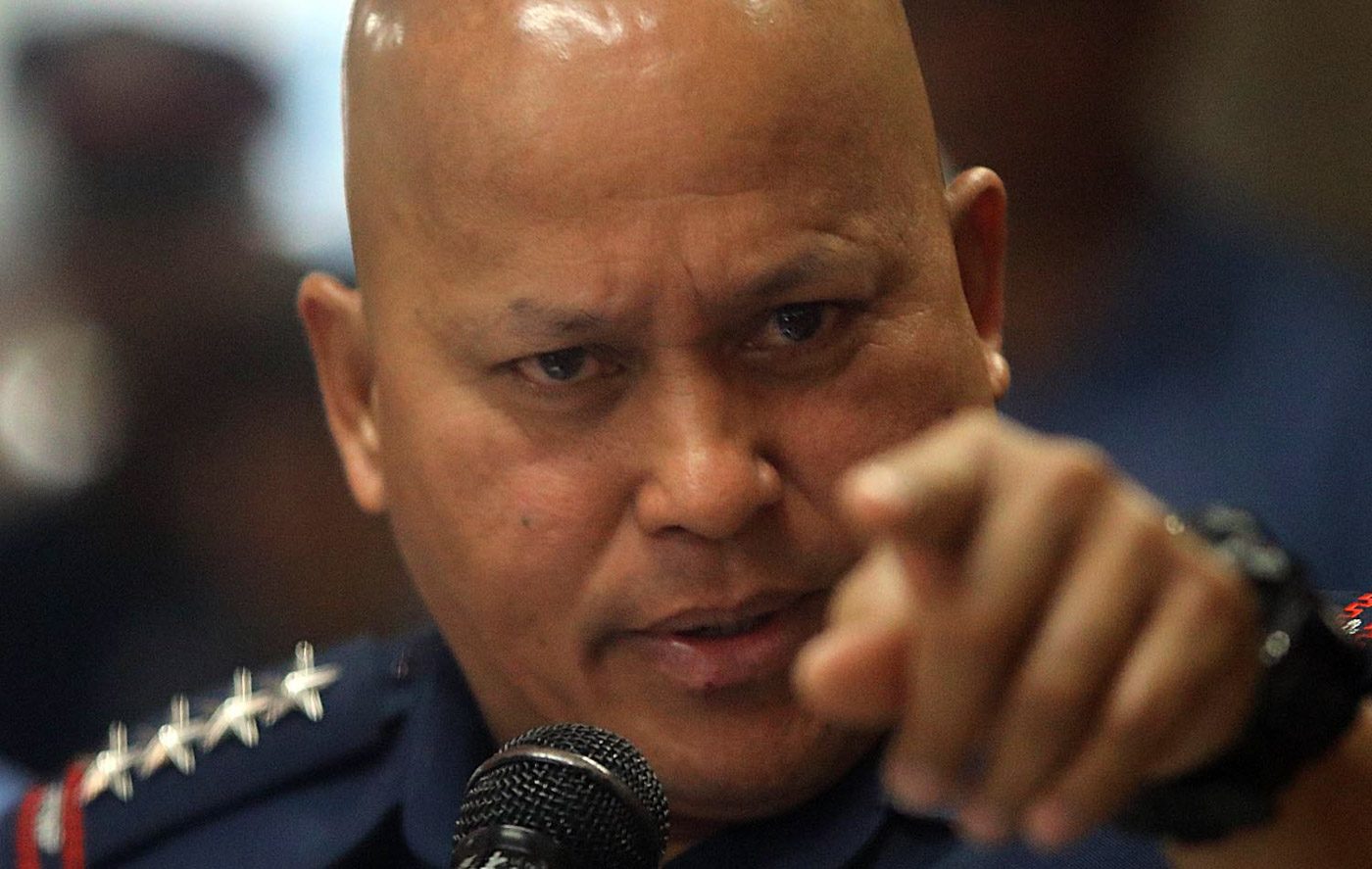
MANILA, Philippines – President Rodrigo Duterte has signed Republic Act 10973, allowing the Philippine National Police (PNP) chief and the Criminal Investigation and Detection Group (CIDG) Director and Deputy Director for Administration to issue subpoenas.
“The Chief of the PNP and the Director and the Deputy Director for Administration of the CIDG shall have the power to administer oath and issue subpoena and subpoena duces tecum in relation to its investigation,” reads the law signed by Duterte on Thursday, March 1.
The CIDG is the PNP’s specialized support unit mandated to look into high-profile crimes. They are usually tapped by the PNP chief in special cases, like in the drug war killings of Kian delos Santos and Carl Arnaiz, or the tragic recruitment and killing of overseas Filipino worker Joanna Demafelis.
Limits: According to the law, the PNP chief and the top 2 of CIDG can only issue the summon order for persons and documents if it would aid an investigation.
“The subpoena shall state the nature and purpose of investigation and shall be directed to the person whose attendance is required, and in the case of a subpoena duces tecum, shall also contain a reasonable description of the books, documents or things demanded which must be relevant to the investigation,” reads the law.
Why this matters: So far, cops can only acquire evidence on a volunteer basis. Previously, witnesses cannot be forced to speak out or provide documents. (READ: Manila Police to ‘killer’ cop witnesses: Stand by your claims)
With the new law, the PNP through its chief and the CIDG can compel individuals to present themselves to them to give a testimony or documents that would aid an investigation.
If persons served with a subpoena refuse or do not cooperate, the PNP chief and the CIDG top officials can file a case for indirect contempt (contempt done outside of a court), which is reparable by paying a fine or serving jail time.
Other probing bodies that frequently use subpoenas to gather information include the National Bureau of Investigation, the House of Representatives, and the Senate of the Philippines. Court judges, meanwhile, have long used the document to move forward with court proceedings.
With an ongoing war on illegal drugs and intense pushes against terrorism and insurgency, how will the PNP chief and the CIDG officials use the document? – Rappler.com
Add a comment
How does this make you feel?
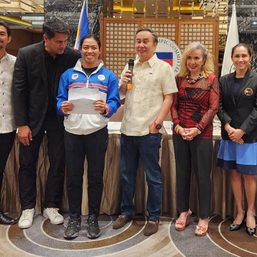

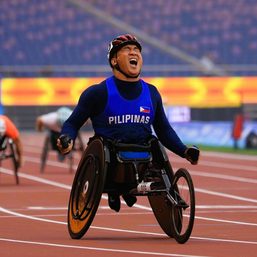
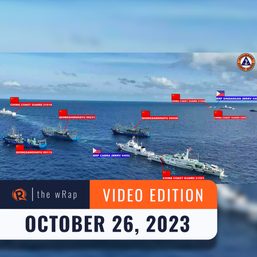
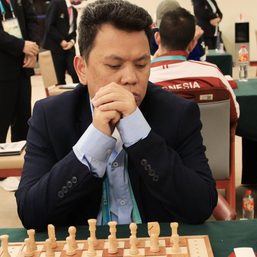
There are no comments yet. Add your comment to start the conversation.